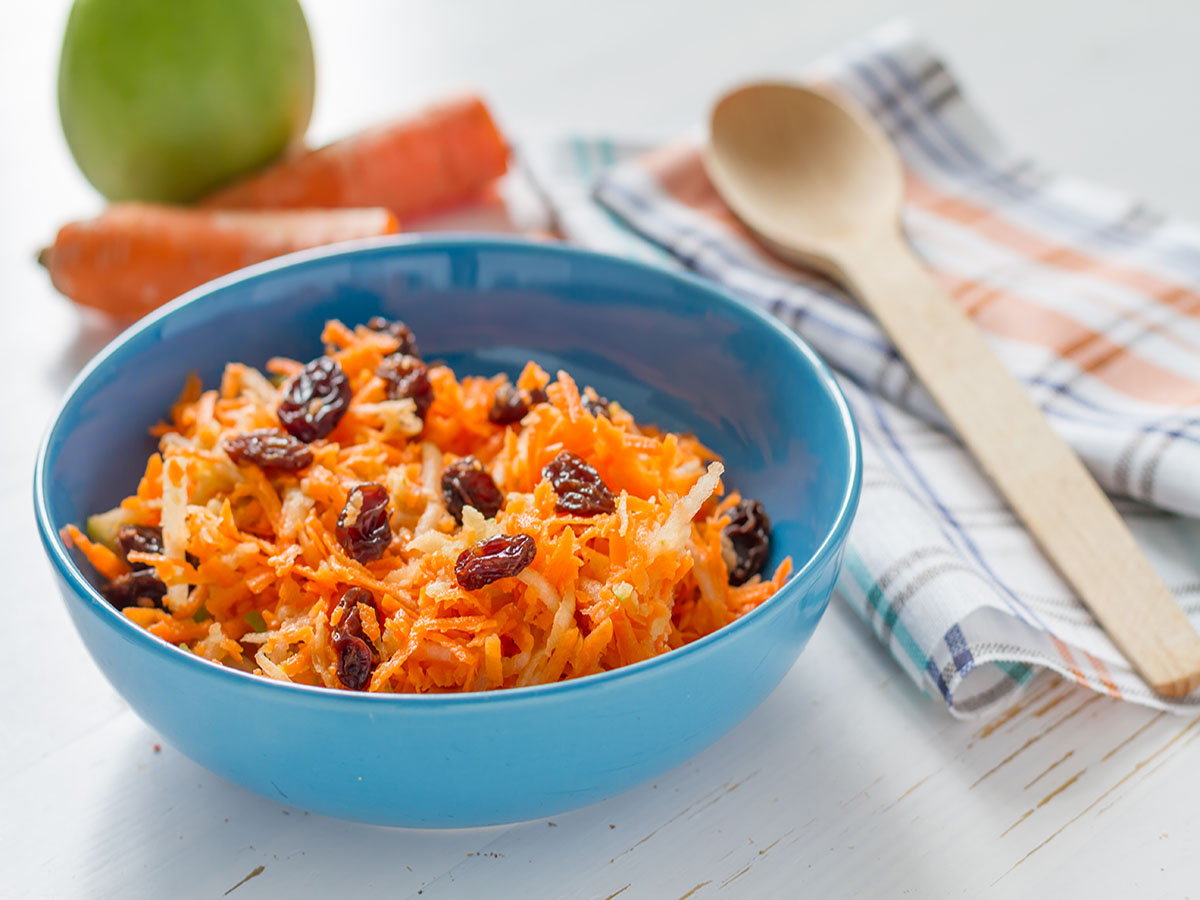
Eating your skincare: How diet and skin health work together
How did your country report this? Share your view in the comments.
Diverging Reports Breakdown
Eating your skincare: How diet and skin health work together
Experts say getting enough vitamins every day can improve skin health. Raw carrot salad provides beta-carotene, which the body converts into vitamin A. Eating an excess of one food does not cancel out the need for other sources of the same vitamin. Social media can foster connection among individuals with similar health conditions, but should not be relied upon as a primary source of health information, says Lizzy Davis, Ph.D., assistant professor in the UAB Department of Nutritional Sciences. It is always best to talk to your medical provider, or a registered dietitian, so they can develop a personalized plan, she says.. The Mediterranean diet has been shown to potentially be beneficial in multiple skin diseases. The benefits of these nutrition-based beauty hacks also depend on specific conditions of an individual’s health.
“Eating your skincare” is a growing trend online, with raw carrot salad — made from thinly sliced carrots and oil — often cited as a natural way to boost skin health through vitamin A, or retinol. While such diet-based beauty hacks are gaining popularity, their effectiveness remains uncertain. Experts at the University of Alabama at Birmingham caution that multiple factors must be considered.
Skin health effects
Specific skincare needs can differ depending on the person. Experts say getting enough vitamins every day can improve skin health.
“Deficiencies in certain vitamins and minerals have an adverse effect on the hair, skin and nails,” said Lauren Kole, M.D., associate professor in the UAB Department of Dermatology. “However, eating an excess of these is most likely not beneficial.”
Raw carrot salad provides beta-carotene, which the body converts into vitamin A. While this supports skin health, it is not potent enough to replace topical creams or treatments.
“Diet is not a substitute for proper skin care,” Kole said. “However, people can supplement skin care with a nutritious diet.”
When it comes to promoting skin health through diet, Kole emphasizes the importance of variety. Rather than relying on a single food source for each essential vitamin, a diverse intake is key. Kole says a well-rounded diet includes an abundance of fruits and vegetables, lean proteins, and foods high in omega-3 fatty acids. She says these components support dermatological health.
“The Mediterranean diet has been shown to potentially be beneficial in multiple skin diseases,” Kole said.
Diet and nutrition practices
While the raw carrot salad provides retinol, there are other food sources of vitamin A that can be equally beneficial.
“Beta-carotene is found in fruits and vegetables that are orange or red,” said Lizzy Davis, Ph.D., assistant professor in the UAB Department of Nutritional Sciences.
Davis, a registered dietitian, says variety is key when it comes to maintaining a healthy diet and healthy skin. Eating an excess of one food does not cancel out the need for other sources of the same vitamin. The benefits of these nutrition-based beauty hacks also depend on specific conditions of an individual’s health.
“It is always best to talk to your medical provider, or a registered dietitian, so they can develop a personalized plan,” she said.
Davis recommends people focus on balance when supplementing skin health with nutritional habits. One example is making sure to eat cooked carrots in addition to the raw carrot salad.
“Cooking carrots does not change the fiber content,” Davis said. “The fiber content of carrots can supplement skin health through hormones, which can potentially reduce skin inflammation. Cooking the carrots also can make them more easily digestible.”
Kole recommends avoiding the following behaviors to maintain skin health: Smoking
Over-consumption of alcohol
Eating too much sugar
Processed carbohydrates and trans fats
Social media trends
About 79 percent of internet users look for health tips on social media, according to the National Center for Complementary and Integrative Health.
“It’s the convenience and simple presentation of the information,” Davis said.
Although social media can foster connection among individuals with similar health conditions, Davis cautions that it should not be relied upon as a primary source of health information. She advises verifying that any advice encountered online is accurate, up to date and provided by a qualified medical professional.
